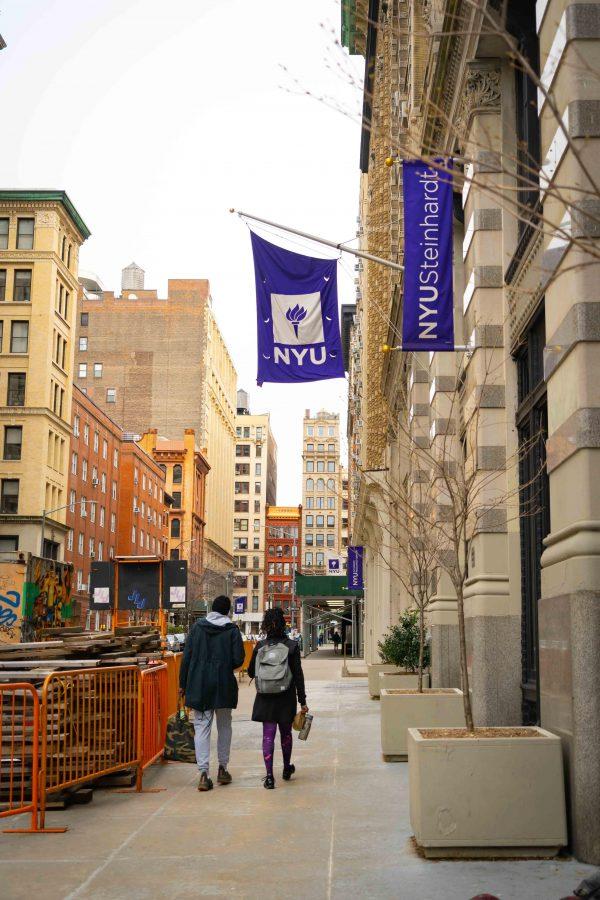NYU Steinhardt’s graduate school announced new scholarship categories earlier this month designed to support underrepresented communities.
The newly announced scholarships are intended for minority populations and recognize students who embody the school’s emphasis on inclusion, innovation and impact. Recipients are selected based on need and with special consideration for merit, according to the Associate Dean for Academic Operations at Steinhardt Erin Embry.
Scholarships are available for members of the LGBTQ+ community as well as students from other marginalized communities, people who have served in the military or in the Peace Corps, and students with disabilities. Associate Dean for Faculty Development and Diversity Stella Flores said the next step is making sure that students eligible for these opportunities are inspired to apply for the programs.
“We’re hoping this new targeting of scholarship is going to hit the radars of the students who think there’s absolutely no money,” Flores said.
The new categories of scholarships are the result of a strategic policy adopted by the school last year to ensure a distribution of funding that allows for a diverse student body. The new strategy works in conjunction with an education campaign to help students research ways to find external funding for their program.
“We look to create opportunities for inclusion as we know that diversity enhances and elevates the classroom experience for all involved,” Embry told WSN in an email. “Our students come from all walks of life and we seek to develop graduates who can adapt to an ever-evolving world. A diverse classroom leads to better preparation for employment in the global economy.”
Steinhardt Clarinet Performance 2019 alumnus, Mark Allen Jr., said that representing people of color in graduate music programs is important because the classical music world often lacks diversity, especially considering that music programs are often the first cut in school districts of underserved communities due to lack of funding.
“Unfortunately, people of color are underrepresented in higher education music programs,” Allen said. “So there were at most 10 of us, those of African or Hispanic heritage, in the classical performance program.”
Flores highlighted that over half of the students in United States public schools are students of color or immigrant students, yet at NYU the student body is primarily white and Asian. She emphasized the importance of representation in all fields.
“If there are no women in STEM, we are not a healthy society. If there are no African American doctors or lawyers or Latinos in certain fields, we are not a healthy society,” Flores said. “Steinhardt is really committed to that diversity question and underrepresentation, whatever that means in particular fields.”
Email Emily Mason at [email protected].

























































































































































